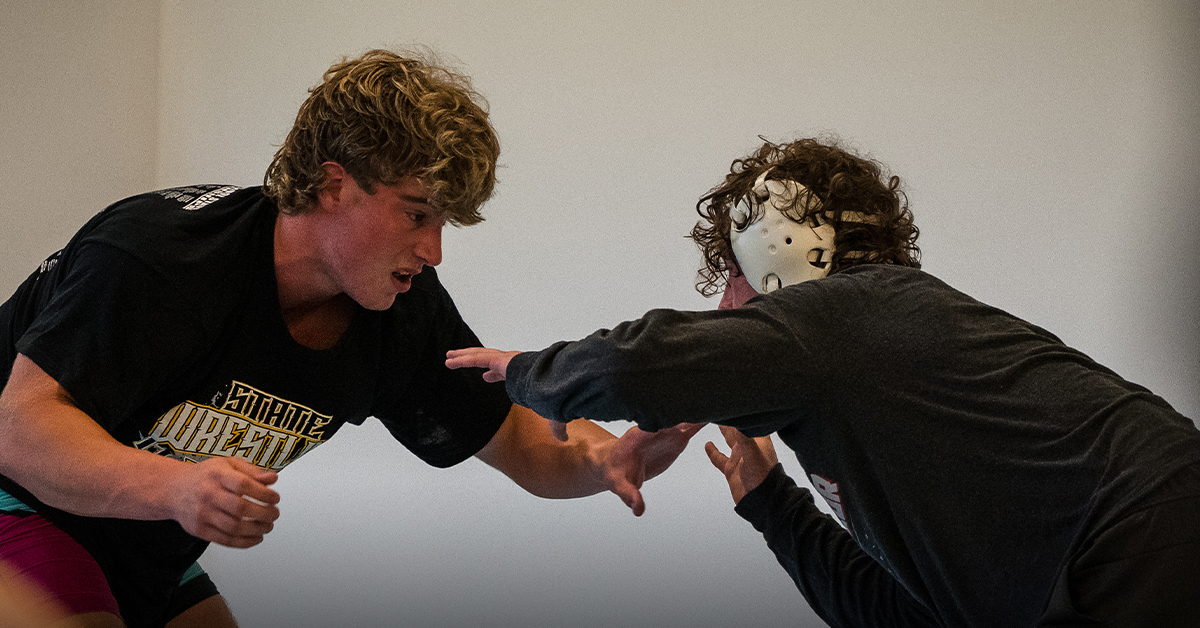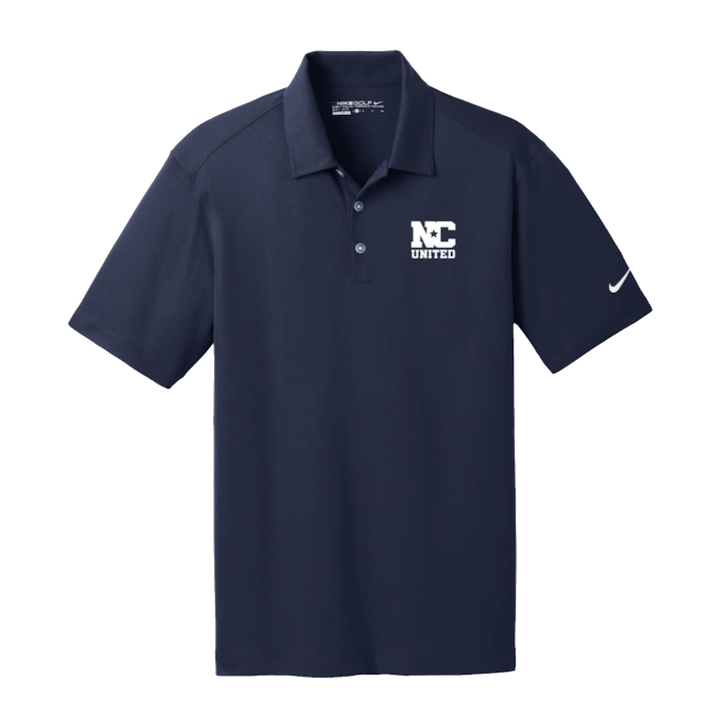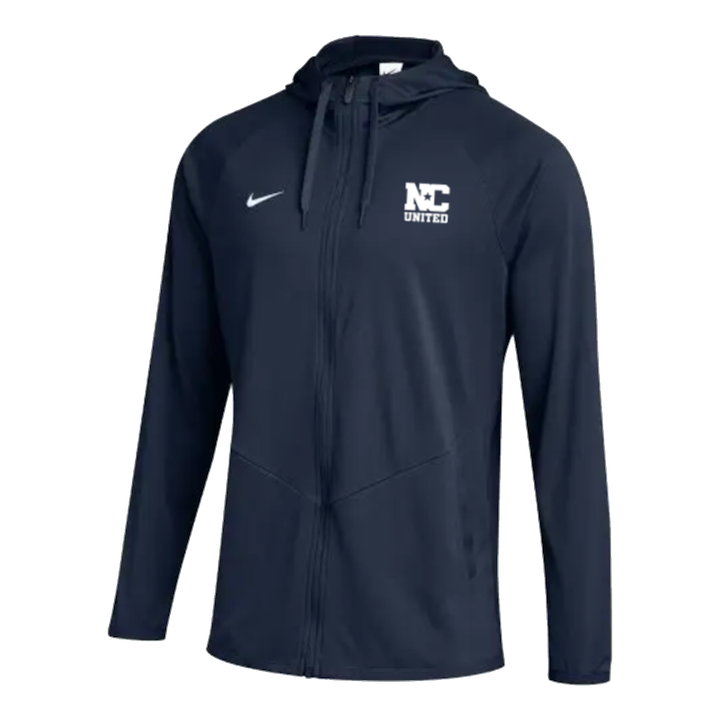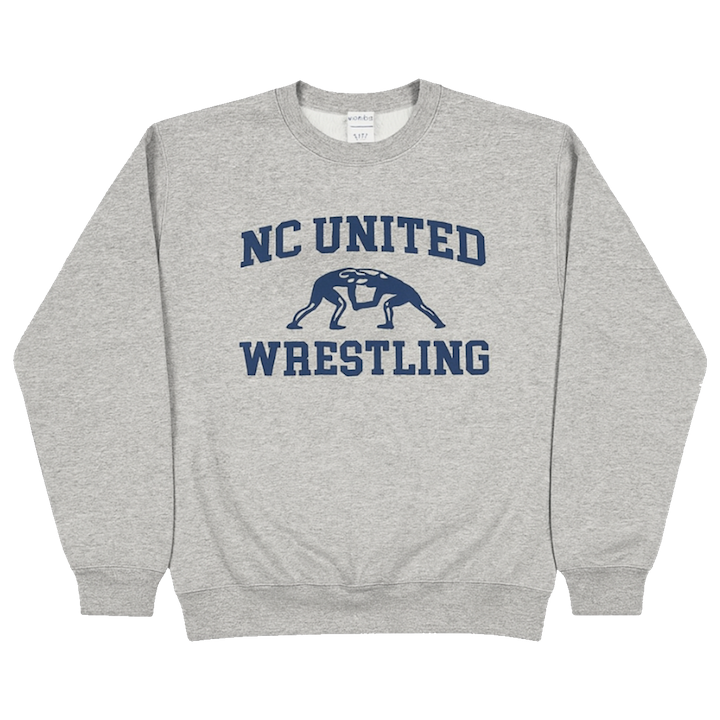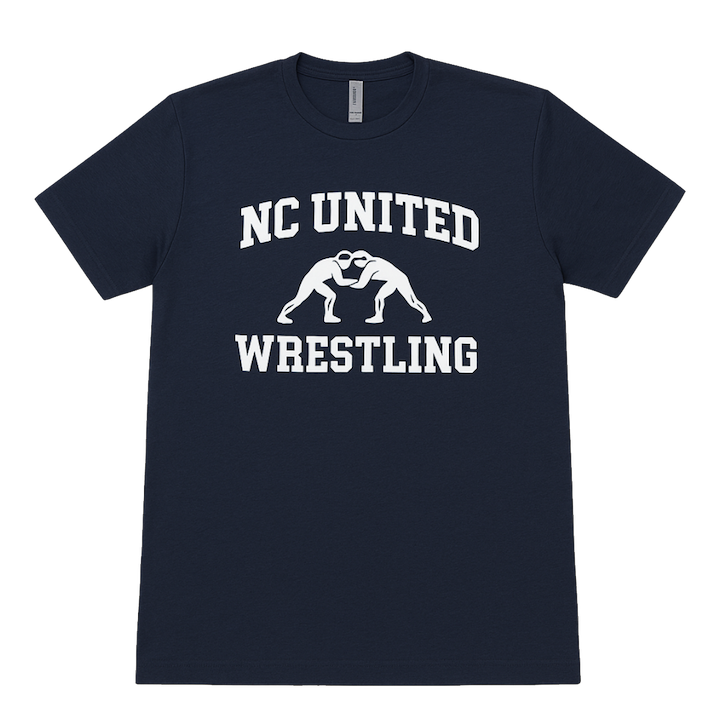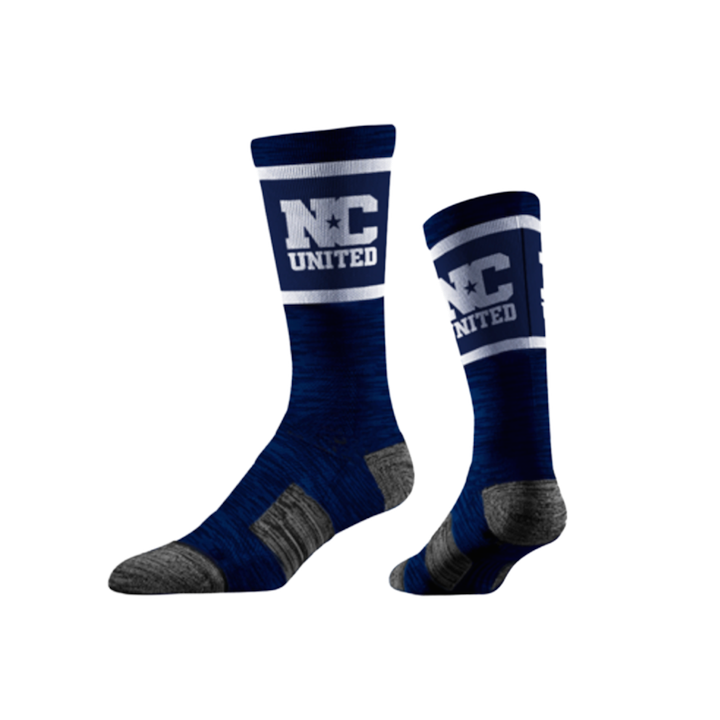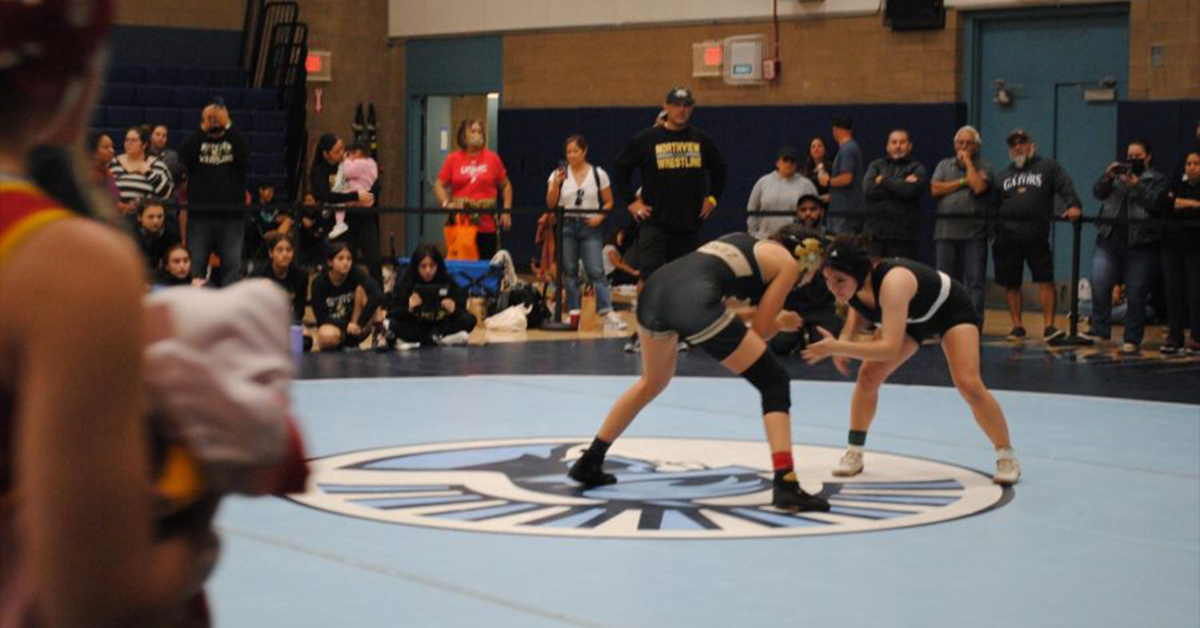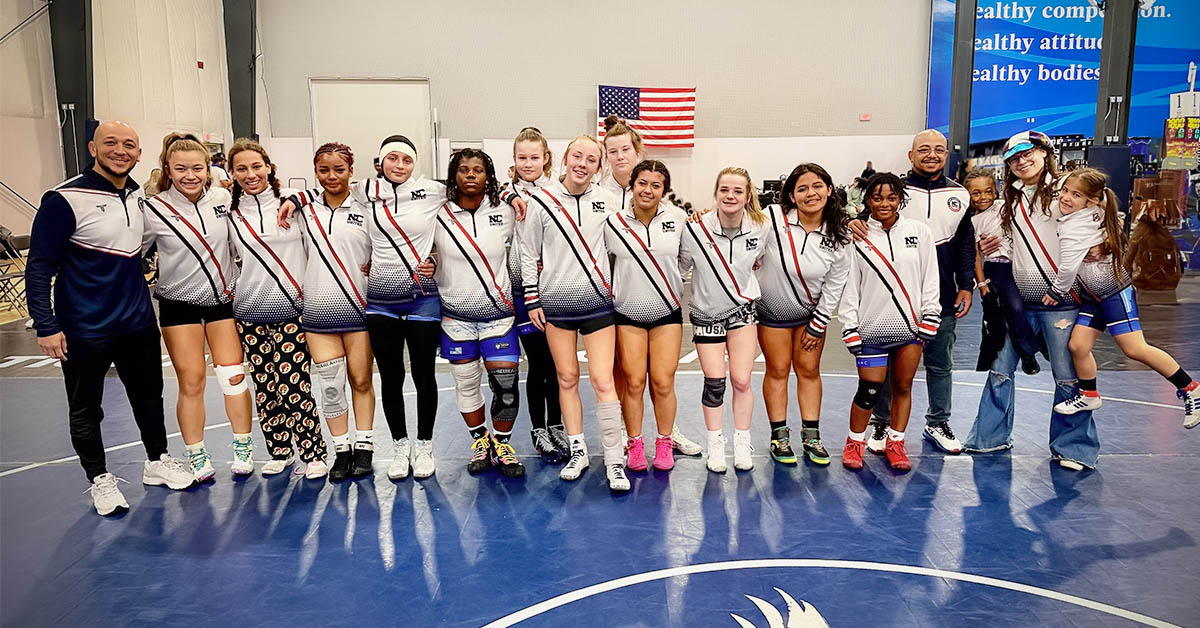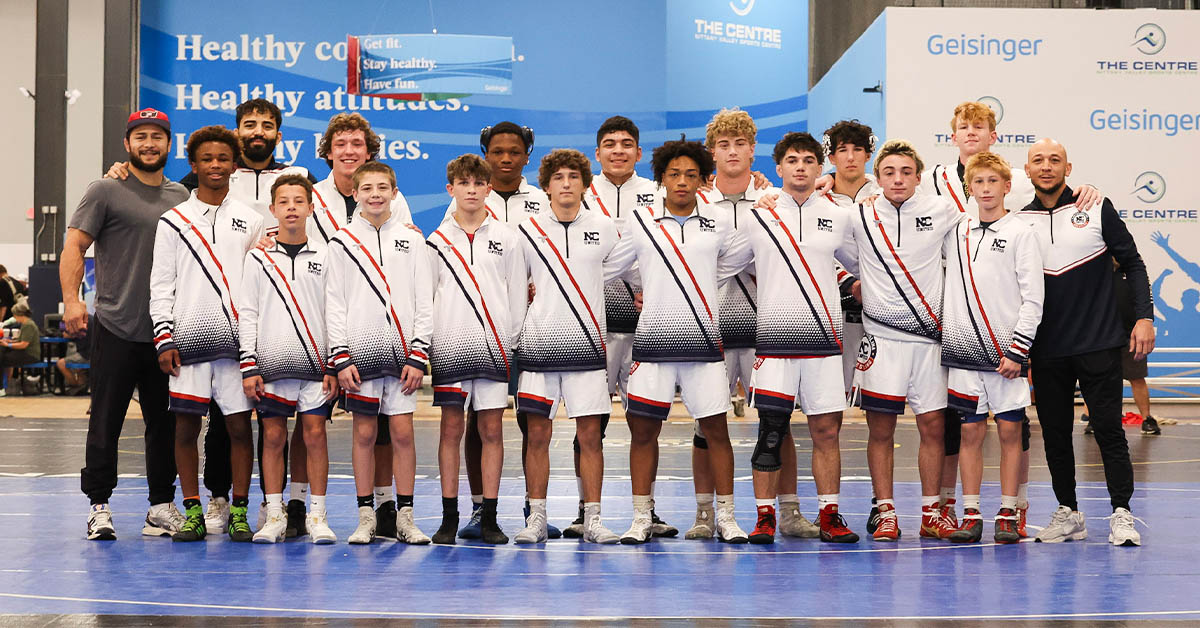The echoes of the recent NHSCA tournament serve as a potent reminder: wrestling is more than a sport; it’s a martial art—a concept often referred to as ‘wrestling as a martial art’. This distinction fundamentally alters the way athletes should approach training, preparation, rest, and recovery.
In the world of martial arts, there is no “off-season.” The dedication to mastery extends through winter, spring, summer, and fall. Wrestling, as a martial art, demands this same unwavering commitment. The phrase “we don’t play, we wrestle” isn’t just a slogan; it’s a reflection of the intense, continuous dedication required. This mindset separates wrestling from traditional seasonal sports.
Mastering All Styles: The Complete Wrestler
The importance of mastering all wrestling styles cannot be overstated. Folkstyle, freestyle, and even Greco-Roman each offer unique tools and perspectives. The ability to adapt and utilize techniques from any style, at any moment, is paramount. Preparation isn’t about specializing in one style but developing a comprehensive understanding of all disciplines. This versatility ensures athletes are equipped to handle any situation, any opponent, and any ruleset.
Recovery is Not Rest: Redefining the Off-Season with Active Recovery for Wrestlers and Off-Season Wrestling Training
The concept of rest and recovery must be redefined. It’s crucial to differentiate between necessary recovery and taking an extended break. After a demanding state tournament, the body requires restorative practices. However, this period should focus on active recovery, strategic rest, and mental preparation, not a complete cessation of training.
From State to National: The Journey Never Stops
The journey to the podium—whether at national or international competitions—demands a relentless pursuit of excellence. The period between the school season and these high-level events is not a time for prolonged breaks. Instead, it’s an opportunity to refine techniques, build strength, and enhance mental fortitude
A Martial Arts Mentality: Wrestling as a Lifestyle
The narrative surrounding wrestling training needs to evolve. Athletes must recognize that year-round dedication, a comprehensive understanding of all styles, and a focus on strategic recovery are essential components of success. The martial arts mindset demands a continuous commitment to growth and development. This shift in perspective will not only elevate performance but also cultivate a deeper understanding of the art of wrestling.
By embracing the year-round martial arts approach, athletes can transcend the limitations of seasonal thinking and unlock their full potential. Wrestling is not a seasonal activity; it is a lifestyle, a continuous path of self-improvement, and a year-round endeavor.

